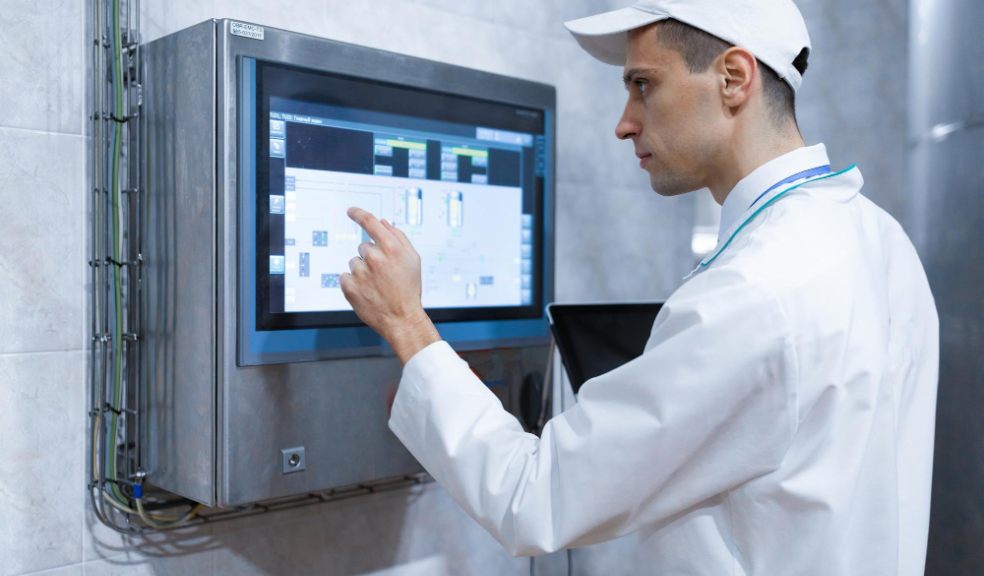
Enhancing Grid Stability: The Role of Business-Operated Battery Storage Systems in the UK
In an era where the demand for reliable and sustainable energy is ever-growing, the stability of the electrical grid has become a paramount concern. The UK, in its pursuit of reducing carbon emissions and transitioning to renewable energy sources, faces the challenge of ensuring grid stability amidst fluctuating energy supplies. This is where Battery Energy Storage Systems (BESS) for businesses come into play, offering a strategic solution to enhance grid stability. In this article, we explore the critical role of business-operated battery storage systems in the UK, how they contribute to grid stability, and the benefits they bring to both businesses and the broader energy ecosystem.
1. Understanding Battery Energy Storage Systems (BESS)
Battery Energy Storage Systems (BESS) are technological solutions designed to store electrical energy for later use. These systems typically consist of rechargeable batteries, control systems, and software to manage energy flows. BESS can be charged during periods of low energy demand or high renewable energy production and then discharged during peak demand or when renewable energy production is low. This flexibility makes BESS an invaluable asset for businesses looking to manage their energy consumption more effectively.
2. The Importance of Grid Stability
Grid stability refers to the ability of the electrical grid to maintain a consistent supply of electricity despite fluctuations in demand and supply. With the increasing integration of renewable energy sources like wind and solar power, which are inherently variable, maintaining grid stability has become more complex. Without proper management, these fluctuations can lead to power outages or the need for expensive and polluting backup power sources. Therefore, ensuring grid stability is crucial for a reliable and sustainable energy supply.
3. How Business-Operated BESS Enhance Grid Stability
Businesses that operate BESS can significantly contribute to grid stability in several ways:
a. Load Shifting
Load shifting involves using stored energy during peak demand periods, thereby reducing the load on the grid. By discharging their batteries during these times, businesses can help smooth out the demand curve, preventing spikes that can destabilise the grid.
b. Frequency Regulation
Frequency regulation is vital for maintaining the balance between electricity supply and demand. BESS can respond quickly to frequency deviations by either absorbing or supplying power, helping to maintain the grid's frequency within the required limits. This rapid response capability is crucial for preventing blackouts and ensuring a stable power supply.
c. Integration of Renewable Energy
BESS enable businesses to store excess renewable energy generated on-site, such as from solar panels or wind turbines. This stored energy can then be used when renewable generation is low, reducing reliance on the grid and supporting the integration of more renewable energy sources without compromising grid stability.
4. Benefits for Businesses
Implementing BESS offers numerous advantages for businesses, including:
a. Cost Savings
By utilising stored energy during peak periods when electricity prices are highest, businesses can significantly reduce their energy costs. Additionally, some businesses may earn revenue by providing grid services such as frequency regulation.
b. Energy Independence
With BESS, businesses can become more self-sufficient, relying less on the grid and more on their own energy resources. This is particularly beneficial during grid outages or in remote locations where grid access is limited.
c. Sustainability and Corporate Responsibility
Adopting BESS aligns with sustainability goals and corporate social responsibility (CSR) initiatives. By using clean energy and contributing to grid stability, businesses can enhance their reputation and demonstrate their commitment to environmental stewardship.
5. Case Studies: Successful Implementations in the UK
Several UK businesses have successfully implemented BESS to enhance grid stability and reap the associated benefits. For instance:
a. Gridserve
Gridserve, a leading renewable energy company, has deployed BESS alongside its solar farms to store excess solar energy. This stored energy is then used to power electric vehicle charging stations, providing a stable and sustainable energy supply.
b. CQuel Decarbonisation Solutions
CQuel Decarbonisation Solutions, a company dedicated to helping businesses reduce their carbon footprint, has integrated BESS into its suite of energy solutions. By offering customised BESS installations, CQuel Decarbonisation Solutions enables businesses to optimise their energy use, support grid stability, and achieve their decarbonisation targets.
c. Sainsbury’s
Sainsbury’s, one of the largest supermarket chains in the UK, has implemented BESS at several of its stores. These systems store excess energy generated by on-site solar panels and provide power during peak periods, reducing the load on the grid and lowering energy costs.
6. The Future of Business-Operated BESS in the UK
The future of BESS in the UK looks promising, driven by advancements in battery technology, decreasing costs, and increasing awareness of the benefits. As more businesses recognise the value of BESS, their adoption is expected to grow, further enhancing grid stability and supporting the UK's transition to a low-carbon economy.
a. Technological Advancements
Ongoing research and development in battery technology are leading to more efficient, longer-lasting, and cheaper BESS. Innovations such as solid-state batteries and improved energy management systems will make BESS even more attractive for businesses.
b. Policy and Incentives
Government policies and incentives are crucial in promoting the adoption of BESS. The UK government has introduced various schemes to support energy storage projects, such as the Smart Export Guarantee (SEG) and the Capacity Market. These initiatives provide financial incentives for businesses to invest in BESS.
7. Overcoming Challenges
Despite the benefits, there are challenges to the widespread adoption of BESS by businesses. These include high upfront costs, regulatory hurdles, and technical complexities. However, with the right support and solutions, these challenges can be addressed.
a. Financial Solutions
Financing options such as leasing, power purchase agreements (PPAs), and government grants can help businesses overcome the initial cost barrier. By spreading the investment over time, businesses can make BESS more affordable and accessible.
b. Simplified Regulations
Simplifying and streamlining regulations related to BESS installations will encourage more businesses to adopt these systems. Clear guidelines and support from regulatory bodies can ease the process and reduce uncertainty.
c. Technical Support and Education
Providing businesses with the technical support and education needed to understand and operate BESS effectively is crucial. Companies like CQuel Decarbonisation Solutions play a key role in offering expertise and customised solutions that make the transition to BESS seamless.
Conclusion
Battery Energy Storage Systems for Businesses in the UK are pivotal in enhancing grid stability and supporting the transition to a sustainable energy future. By enabling load shifting, frequency regulation, and the integration of renewable energy, business-operated BESS contribute to a more reliable and resilient electrical grid. The benefits for businesses, including cost savings, energy independence, and enhanced sustainability, make BESS a compelling investment. As technological advancements continue and supportive policies are implemented, the adoption of BESS is set to rise, bringing us closer to a low-carbon and stable energy future. Companies like CQuel Decarbonisation Solutions are at the forefront of this transformation, helping businesses navigate the complexities of energy storage and achieve their decarbonisation goals.













